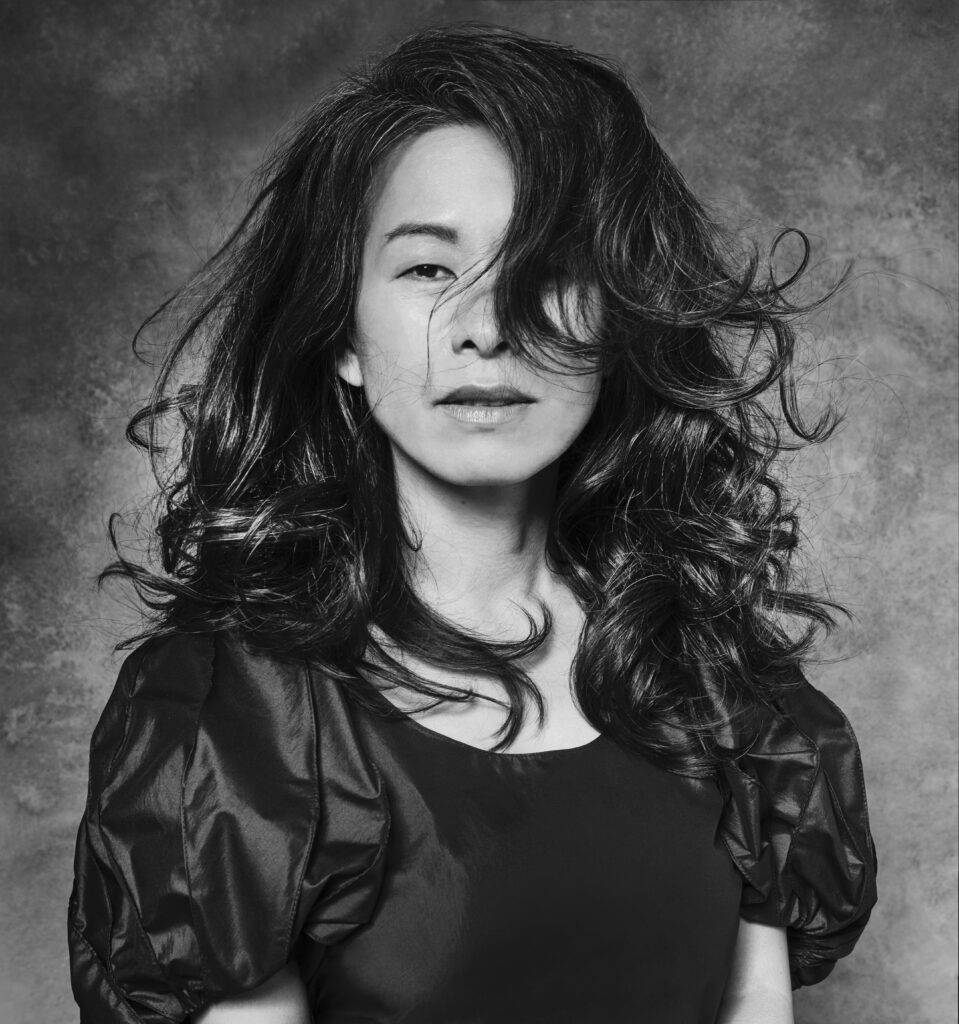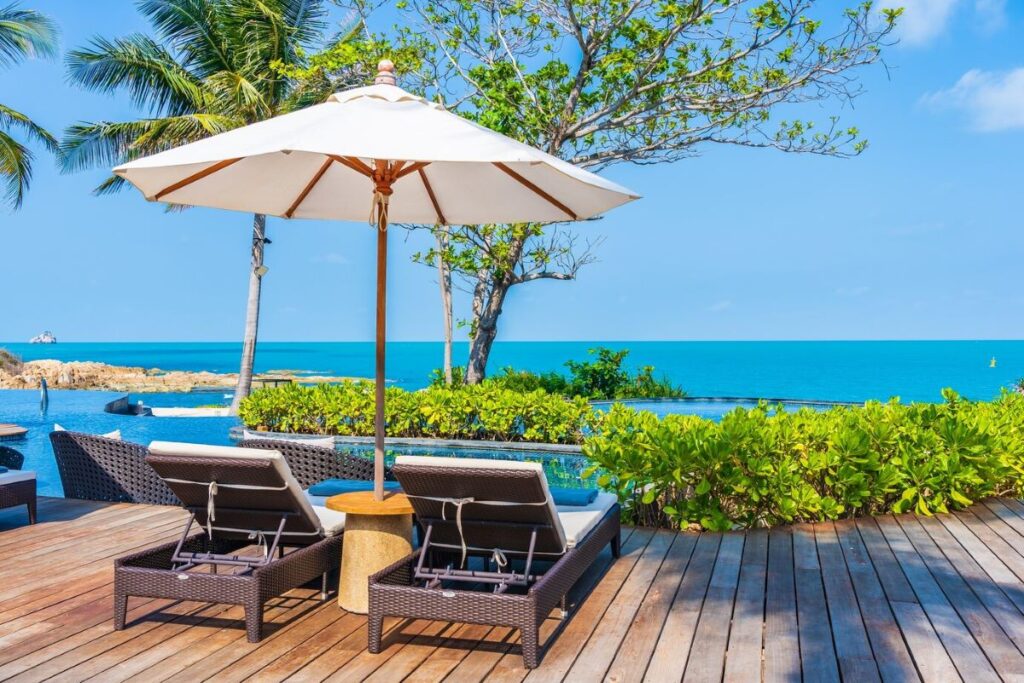Acclaimed Vietnamese Canadian author Kim Thúy lived many lives as a translator, restaurateur, and lawyer before embarking on the journey of a writer. Having found roots in Montréal via Malaysia during the Vietnamese refugee crisis of the 1970s, Thúy has written a number of semiautobiographical works, including her debut 2010 novel Ru, a poetic tale told in vignette form, which received awards and recognition around the world. Her most recent book, Em, explores the profoundness of love.
As someone who is multilingual, how does that affect your writing as you utilize words and phrases from different languages in a single text?
I think one feeds the other. Yes, translation exists, but each language carries a culture. It’s not so much about the words but the culture behind it that we can’t really translate. We can only make a bridge between two cultures by languages — by words.
In Vietnamese, there’re many forms of the verb “to love.” You have the word for the love for your parents, another word for the love between spouses, another word for cakes, and friends, and a dog, for example. One word for passionate love. We don’t have that in French or in English, so how can you translate that? You can’t.
I feel very privileged that I have the different languages because then all those notions, all those cultures, would feed each other. When I write the word aimer in French, I know the nuances — more than just the word aimer — so I would add the adverb amoureusement. Aimer amoureusement means “love passionately.” I think if I didn’t know the word in Vietnamese, I would not have seen the nuances in French to add that amoureusement. So, that’s how all these languages would travel in my head.
You received the Governor General’s Award for French language fiction in 2010 for Ru. After more than a decade of being an established and respected writer, what do you find about your writing that resonates most with readers and critics?
I think each person would read the book differently. For example, Ru here in Québec is read almost like a mirror, reflecting the Québecers who welcomed us at that point. In Italy, they thought that it was the voice of an immigrant that the reader wanted to hear. Romanians and Vietnamese share a Communist past, so that spoke to them. Then in Spain, surprisingly, it was women’s issues or women’s heroism.
I think maybe because it’s so simple, like plain yogurt, to which you can add anything to make it taste good, but it’s actually what you add to it [laughs] that makes it good! I think I’m just plain yogurt, and the reader would add their own experience, their own references. They think it’s me, but it’s not — it’s them.
This is good because it’s segueing into my next question about food. Before you pursued writing, you were also a restaurateur in Montréal. Moreover, you published a cookbook. Do you see any parallels between writing and cooking?
Absolutely. It’s about balance. Cooking is about finding the balance between the ingredients, and writing is finding that balance between the words. I am a word lover. I love words because I don’t own many of them, so I really love each word that I own. When you love words, you want to put all of them out there, right? [laughs] But you can’t. You have to find the rhythm, the musicality of those words together, and the balance between them. We can love sugar, but if we put too much sugar then we can feel sick.
The balance to find is quite delicate. How to mix bitterness with sour, with sweetness, and all of that so that at the end you don’t feel each taste anymore. You just feel a great meal. I think a great meal is a meal that you can no longer say what is what, but you only feel that you are blessed that you get to eat such a great dish, and a book is the same thing.
Can you tell us about your most recent book, Em? What is the meaning behind the title?
In Vietnamese, we don’t have personal pronouns. Em means a younger brother or a younger sister, and it came to me because Ocean Vuong’s book of poetry — the first one — got published here in Québec. The publisher from Québec wrote to me and asked me to write the foreword. I told him that I don’t know how to write forewords. It’s difficult for me, and especially since it’s a book of poetry, which I’m sure I won’t understand all of it, because I cannot understand many things.
It was two in the morning when he sent it to me. He said, “Well, whatever. Enjoy. Read it. You don’t have to do anything.” I read it. I cried the whole night. I didn’t go to bed. I wrote the foreword right away, and I started with “Em” because he’s much younger than me. I couldn’t bring myself to call him Ocean because we’re both Vietnamese, and I was sure that he has a Vietnamese name as well. Right away, I felt like I was the aunt or the big sister.
Em is so nice. You feel protected when you’re being called em. And aime in French is the imperative form for the verb “to love” — aimer. You say aime when you order someone to love. [During] the Black Lives Matter [movement], I was very mad at myself that I didn’t know enough about the history of the African American community. I spent a bit of time studying, learning, and I realized that maybe the answer for us is to remind ourselves that we should love.
Rose Ho | Editorial Writer








